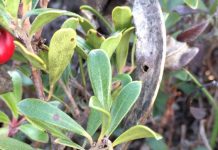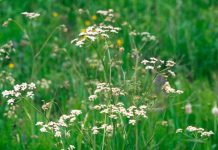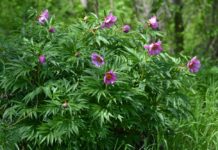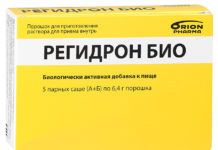Lungwort medicinal, pulmonary grass or lungwort unclear - refers to common plants. The beauty of the flowers of the Lungwort pleases the eye, but it gained its fame not only due to its appearance. The properties of this wonderful plant are widely known and applicable to eliminate multiple problems in the body, as well as in the field of cooking.
Material Content:
Description
The plant belongs to the borage family. Its shoots make their way in March. Initially, it blooms with bright red flowers, gradually acquiring purple, and then blue. It lives in deciduous forests, parks and oak forests.
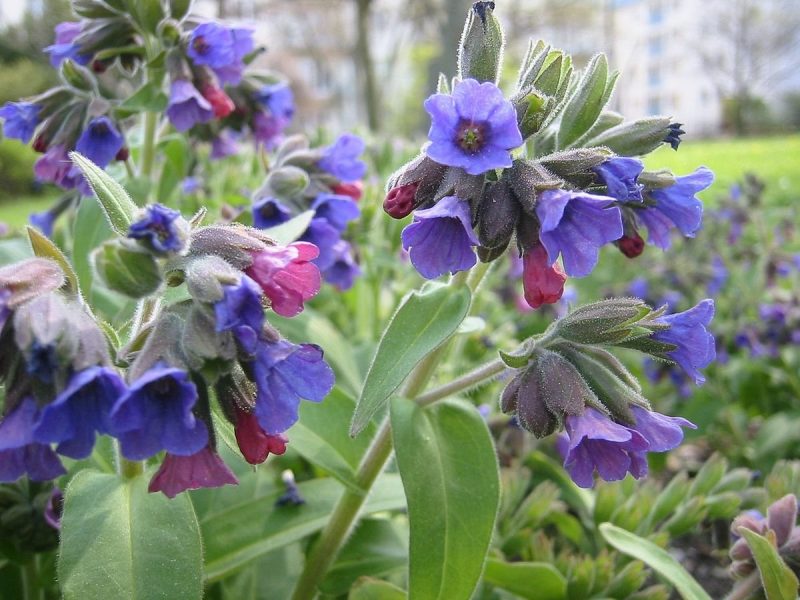
The leaves of the perennial plant are located on the stems, as well as at the base of the flowers. They are rich in various trace elements, due to which the medunica has earned the name of a medicinal plant.
It is interesting. The Latin version of the name of the plant sounds like “Pulmonas”, which means “lung”. This term is more than appropriate, because medunica has been used for centuries to treat pulmonary diseases. Moreover, in ancient times it was believed that the spots on the leaves of the medunica symbolize the diseased respiratory organs, which the healing grass will have to be cured after collection and drying.
Collection and storage of a medicinal plant
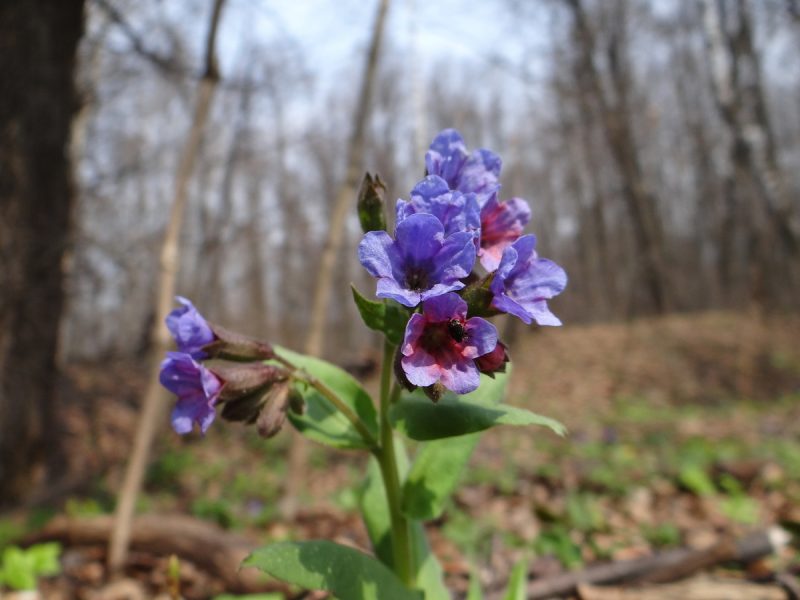
As a basis for the manufacture of numerous medicines, absolutely all parts of the plant are relevant. It is most convenient to use dried mackerel in dried form. They dry it in different ways: in the spring, flowers and leaves lend themselves to quick drying with proper ventilation. In autumn, roots are usually dried, leisurely and for a long time.Lungwort grass is best stored in drawers lined with paper inside.
Since the upper parts of the plant are often used mainly for medicinal purposes, the workpiece is produced during the period of its active flowering. The collected purified raw materials are placed on a pallet, which is installed in a well-ventilated place. Finished dry plants are cut and stored until necessary.
Composition and medicinal properties of the Lungwort
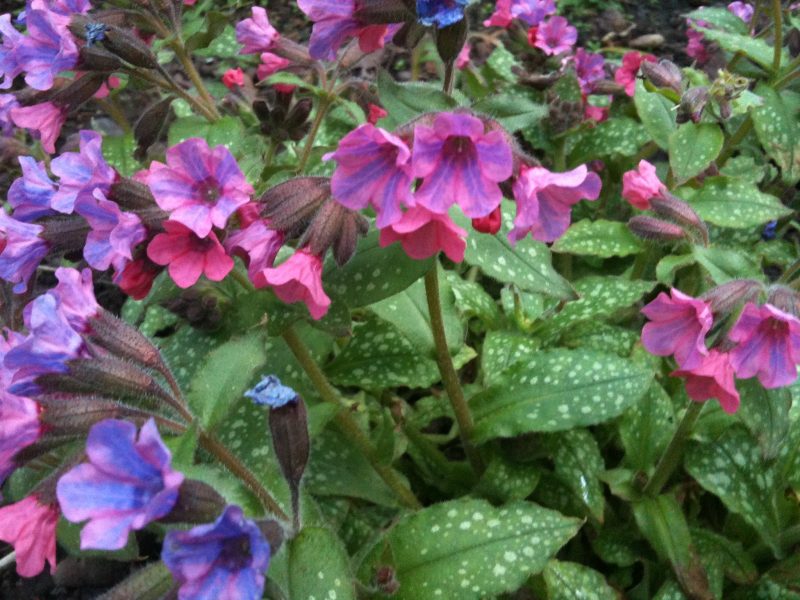
The beneficial properties of the Lungwort are largely due to its component composition, which includes multiple useful elements:
- resins;
- tannins;
- allantoin;
- tannins;
- phytosterols;
- mucus;
- alkaloids;
- polyphenols;
- carotene;
- micro and macro elements: iron, manganese, iodine, silicon, etc.
- vitamin C.
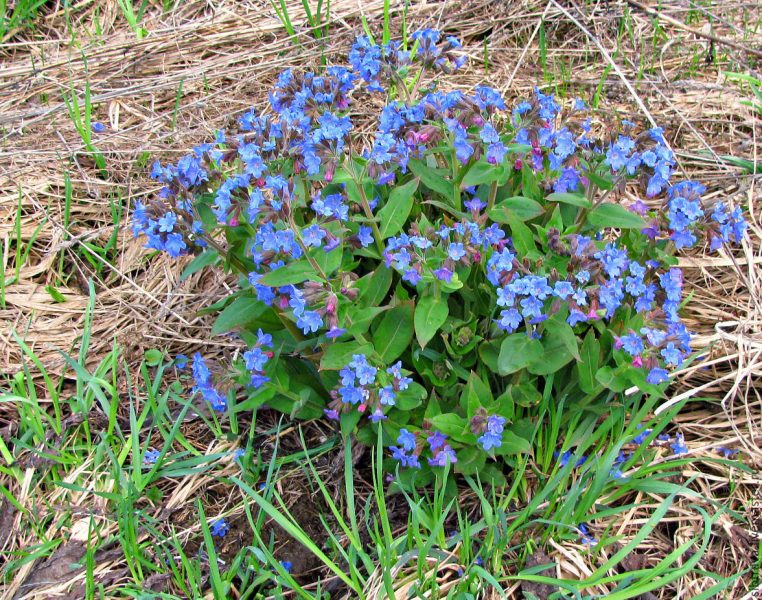
Due to the proper use of Lungwort officinalis, it is not difficult to achieve the following results:
- anti-inflammatory;
- wound healing;
- diuretic;
- antiseptic;
- hemostatic;
- antisclerotic;
- antitumor;
- regenerative;
- painkiller.
Additionally, you can highlight the useful functions of the Lungwort:
- Participates in blood formation processes, reduces fragility of blood vessels.
- Helps strengthen immunity.
- Improves the functionality of the central nervous system.
- Eliminates intestinal inflammation.
- Helps fight dermatological problems (in particular, cleans and heals purulent wounds).
- Relieves the symptoms of hemorrhoids.
- Improves the functionality of the heart muscle, controls the heart rhythm.
- Helps in eliminating headaches.
- It softens the skin, smoothes them.
But the most popular and sought-after effect of the Lungwort is, of course, its unique ability to cut and eliminate mucus in the bronchi. It is for this reason that the plant is used to treat respiratory diseases.
It is interesting: medicinal properties and contraindications of celandine
In the composition of which preparations is medicinal medunica present
The most popular medicinal product, which is based on the beneficial properties of the plant, is considered to be the tincture of medunica.
This tool is used to treat disorders of the respiratory tract (in particular tuberculosis) and the gastrointestinal tract (in particular ulcers), renal pathologies and bladder problems. Well respond to treatment with tincture laryngitis and urolithiasis.
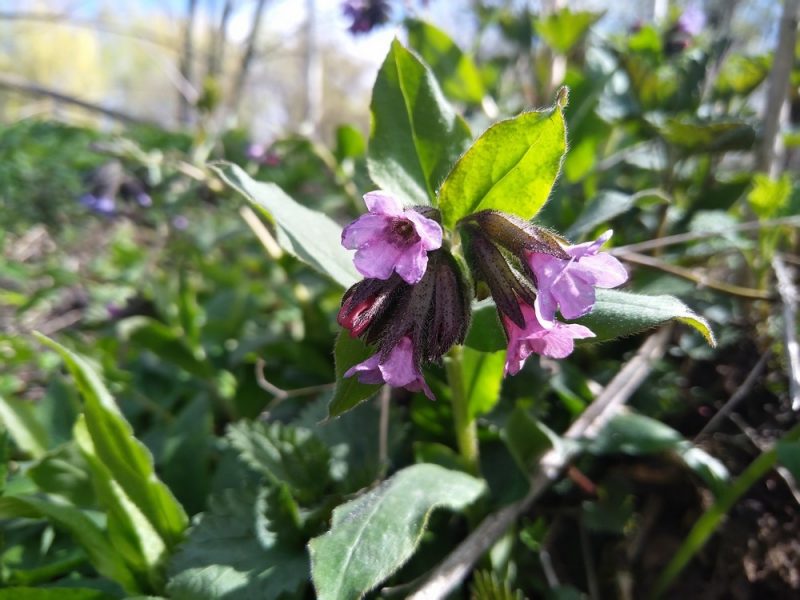
By the way. Tincture of Lungwort is considered very relevant in case of loss of voice from excessive tension of the vocal cords or due to inflammatory processes.
Additionally, the tool can help in the presence of the following diseases:
- inflammation of the prostate gland;
- debilitating diarrhea in old age;
- dyspepsia in children.
Lungwort has a strong anti-inflammatory effect. Therefore, tincture allows you to thin out sputum and has a mild diuretic effect. An impressive amount of microelements (especially manganese) allows the medunica to positively influence the hematopoiesis process and improve metabolism.
Application in traditional medicine
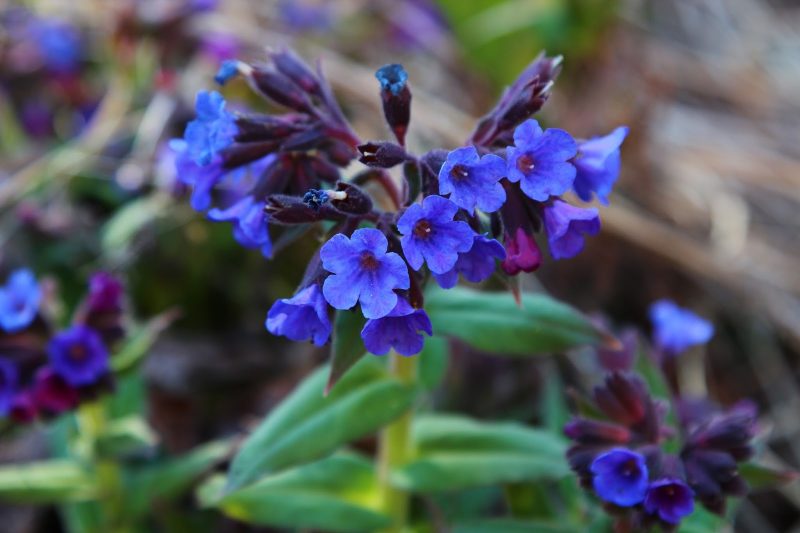
The most effective in folk medicine are decoctions and tinctures of the common medunica. Keep in mind that the daily dose should be several spoons. The plant must be filled only with boiling water. Cold and even warm water are not able to react with individual components of plants.
Flowers
The healing tincture used for the treatment of certain diseases can be bought in a network of pharmacies or made independently. To do this, you need to collect fresh flowers and leaves of the plant, grind them and place them in a glass container, filling it halfway. The vessel is filled with vodka covering the grass. The container is covered and sent to a dark place for 14 days. The future tincture must be shaken daily. Over time, the tool is considered ready. Dosage - three times a day from 1 to 4 ml.Tincture is pre-diluted with a small amount of water.
Lungwort Leaves
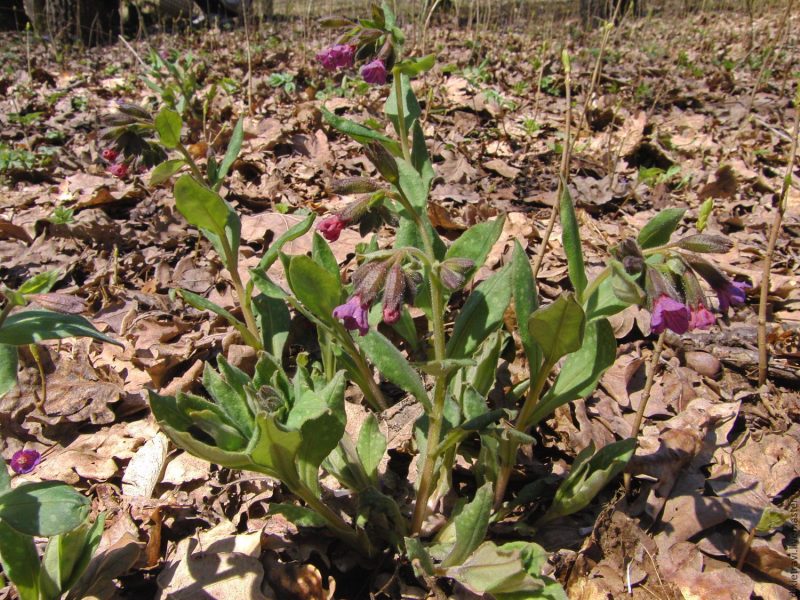
From this part of the plant, an excellent decoction is obtained to treat the symptoms of hemorrhoids. For its manufacture take 2 tbsp. l fresh herbs, and pour it with a glass of boiling water. The mixture is infused for one hour and used as an enema. The soft effect of the decoction helps to eliminate pain and helps to reduce hemorrhoidal nodes.
Roots
To eliminate the problems of the male genitourinary system, a decoction from the root of the plant is suitable.
1 tablespoon of the root of the medunica is cut, filled with 1 cup of boiling water, boiled for 10 minutes, after which it is insisted for the same amount of time. The finished liquid is used 100 ml three times a day for 30 minutes. before meals.
Contraindications
The medicinal properties of Lungwort, no doubt, are very numerous and effective.
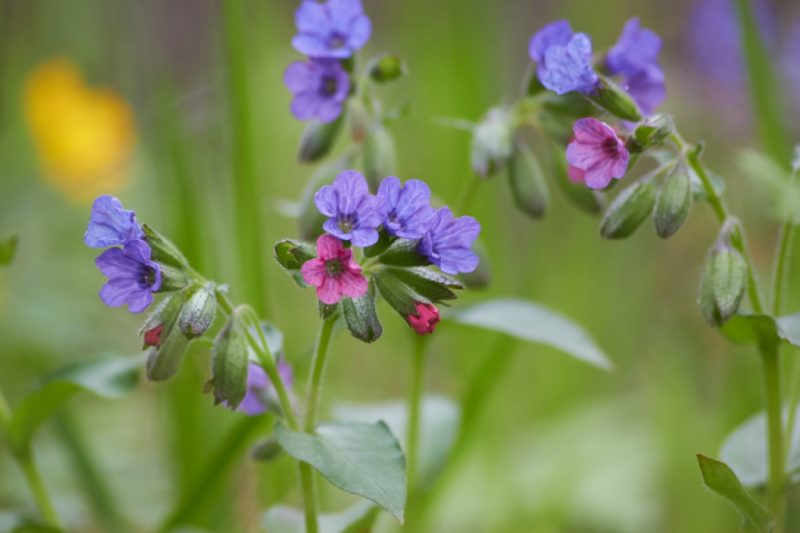
Nevertheless, the plant has a number of certain contraindications, which you should be aware of:
- pregnancy, breastfeeding;
- age up to 3 years;
- body sensitivity to plant components;
- increased blood coagulation;
- frequent constipation.
Important. Do not take decoctions or infusions of Lungwort on an empty stomach. Otherwise, this technique can provoke an attack of nausea, turning into vomiting.
Numerous healing properties of the Lungwort did not go unnoticed by popular recipes of traditional medicine. Means based on this plant are relevant in the fight against pathologies of various body systems - from the genitourinary to the respiratory. Observing all the recommendations and indications indicated, it is possible to achieve a significant improvement in the state of health with the help of an absolutely natural natural component.



